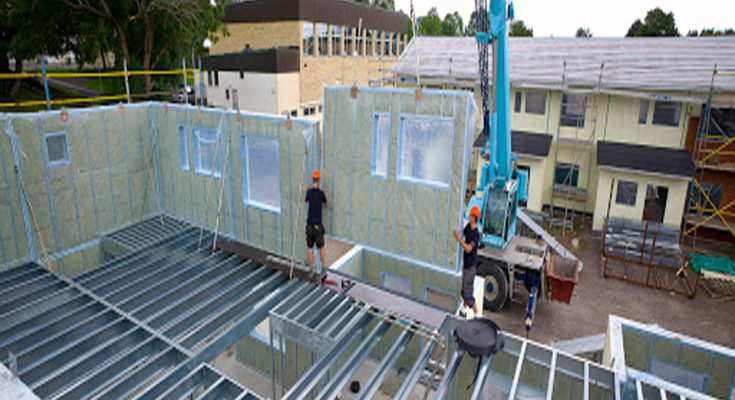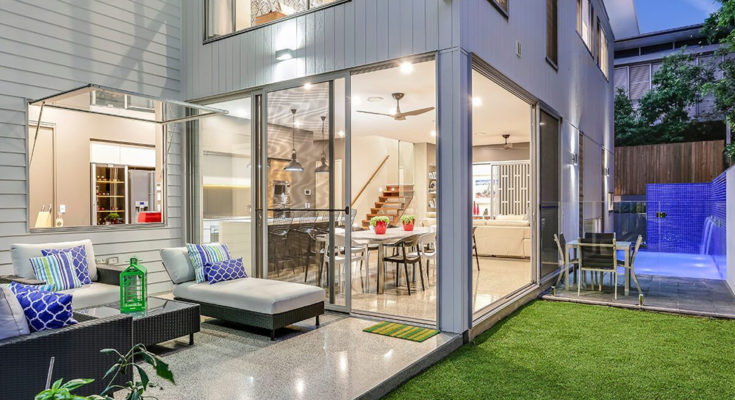
Benefits of Concrete Construction
Have you ever thought of spending a little extra on the investment of a CONCRETE home? Well, think about this… Earthquakes, tsunamis, tornadoes, hurricanes, fires, etc. have demolished thousands of homes, while concrete homes remain standing after the devastation. Natural disasters that we have no control over could easily take away that roof over your head. However, with a concrete home, your investment is well protected. In essence, you get what you pay for… Spend a little more now on a concrete home that is sturdy and reliable; Save more over the lifetime of the home.
The many other benefits of concrete construction include:
Strength
Ability to withstand hurricanes, floods, and other serious weather conditions, concrete acts as a barrier to these elements and natural disasters.
Beauty
Concrete offers design flexibility with size and shape. Large or small, round or squared, a concrete home can be designed to your liking. …
Benefits of Concrete Construction Read More

